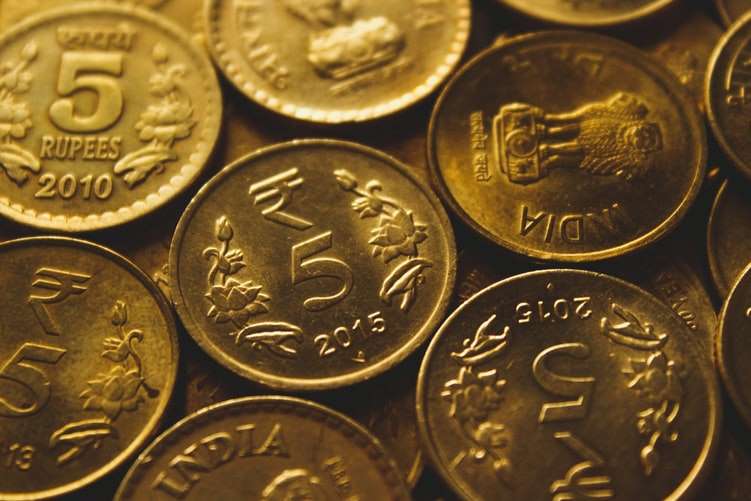
By Saloni Roy and Ankur Goel
When the Goods and Services Tax was introduced in India on July 1, 2017, various state levies such as value-added tax, entry tax and octroi were subsumed. A few products such as alcohol and petroleum fuels were excluded from GST and states continue to levy VAT / state excise on these goods. Alcohol and fuel contribute a large portion to the revenue of states. Certain states envisaged a loss of revenue arising from the implementation of GST and their loss was sought to be compensated through the levy of compensation cess.
For this purpose, the Goods and Services Tax (Compensation to States) Act, 2017 (Compensation Act) was introduced and the compensation cess was made applicable on specified goods. Proceeds of compensation cess are credited to the GST Compensation Fund, which is used for payment of compensation to states. Compensation cess is levied and collected to provide compensation to states for a period of five years, from the introduction of GST, i.e. till 30 June 2022, unless extended by the GST Council.
READ I GST Council meeting: A case for the abolition of the coal cess
The amount of compensation is determined based on the difference between the projected and actual revenue of a state in a financial year. The projected revenue is arrived at by applying a fixed percentage of growth (14%, which is considerably higher than actual growth rates) on the base year (FY 2015-16).
Shortfall in compensation cess collection
The projected cess collection is not expected to be sufficient for payment of compensation to states. It is estimated that there would be a shortfall in compensation to states by Rs 2,35,000 crore, of which Rs 97,000 crore is being attributed to a shortfall arising from the implementation of the GST.
An issue arose as to whether the Centre or the states should borrow the amount pertaining to this shortfall. An opinion was sought from the Attorney General of India regarding borrowing the shortfall amount as the Compensation Act was silent on this issue.
READ I Farm Bills 2020: Death warrant to mandis, end of small farms
The GST Council meeting on 27 August 2020 discussed the issue in length. Based on the comments received from the Attorney General, it was clarified the GST Council is empowered to decide the manner for meeting the shortfall. The GST Council can recommend to the Union Government to permit states to borrow money to meet the compensation gap. However, the final decision in the matter would be taken by the Union Government.
The options available
The GST Council recommended that the states should borrow to meet the shortfall. Two options in this regard have been provided.
In the first option, states could borrow Rs 97,000 crore through debt under a special window coordinated by the ministry of finance. The interest on the borrowing under the special window will be paid from the compensation cess till the end of the transition period, i.e. till June 30, 2022. After the transition period, principal and interest will also be paid from the proceeds of the compensation cess by extending the levy beyond June 30, 2022.
READ I National Education Policy 2020: Will it truly champion liberalism?
The second option provides that states could borrow Rs 2,35,000 crore through issue of market debt. Principal during and after the transition period shall be paid from the proceeds of the compensation cess. The states will not be required to repay the principal from any other source.
However, interest shall be paid by states from their own resources.
What lies ahead?
It has been reported that 21 states / Union Territories including Andhra Pradesh, Bihar, Haryana have supported the option of borrowing Rs 97,000 crore. The decision on the amount of borrowing would be taken in the GST Council meeting.
READ I Gilt-edged? Investing in government securities in the times of COVID-19
Majority of the recommendations made in the GST Council meetings have been through consensus between the Centre and the states. Decisions in the meetings can be taken through voting as well. It has to be seen whether voting would be triggered if consensus around the issue is not arrived.
In case of dispute arising from the recommendations of the GST Council between Centre and the states, a dispute resolution mechanism can also be established. States opposing the borrowing options (Delhi, Kerala, Punjab) might pursue this mechanism which would be seen in the days to come.
(Saloni Roy is Senior Director and Ankur Goel is Senior Manager with Deloitte Haskins and Sells LLP.)
